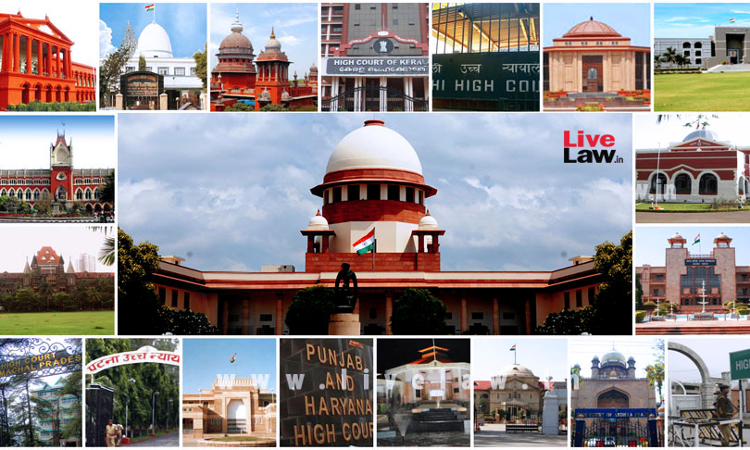Pendency A Direct Result Of Centre's 'Recalcitrant Attitude' In Not Appointing HC Judges For Years After Collegium Clearances : Supreme Court
LIVELAW NEWS NETWORK
9 Aug 2021 7:46 PM IST

The Court urged the Centre to follow the time-line laid down by it for judicial appointments in its April 2021 order.
Next Story


